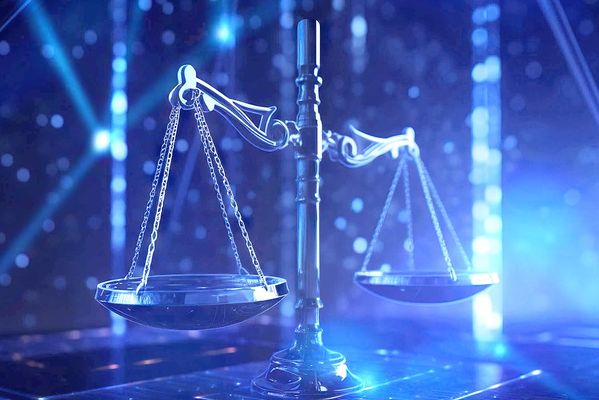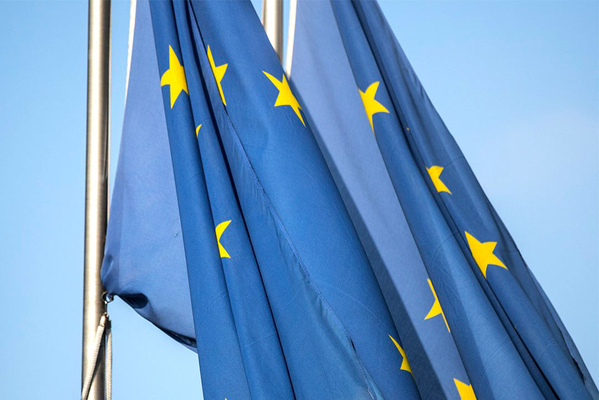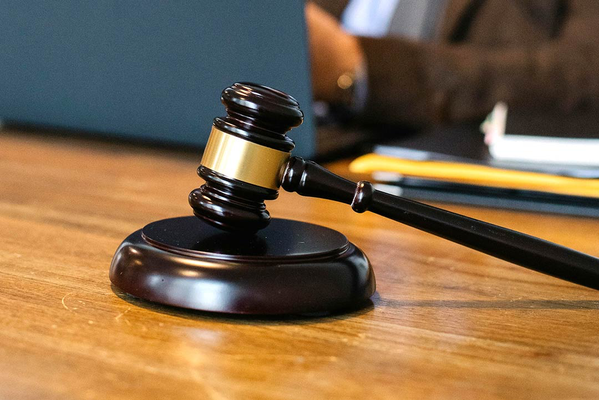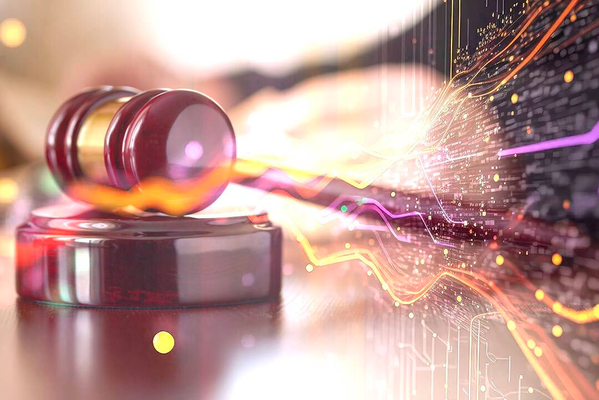July 2024

Patenting AI systems presents unique challenges, including the question of whether an AI can be considered an inventor under patent law. The United States Patent and Trademark Office (USPTO) has issued guidance stating that only natural persons can be named as inventors on US patents and patent applications. For an AI-assisted invention to qualify for patent protection, a natural person must have made a significant contribution to its conception beyond mere operation or utilization of AI technology. The guidance underscores the importance of genuine inventive involvement in patentable innovations. The UK Supreme Court and other patent offices have similarly upheld the necessity of human inventorship. However, South Africa has granted a patent where an AI system is the inventor, raising questions about the future of patent laws and the need for legislative updates to accommodate AI inventorship. The evolving nature of AI technology necessitates a reevaluation of patent laws to address the unique challenges posed by AI-generated inventions.
May 2024

The development of artificial intelligence (AI) technologies relies heavily on data. However, the use of copyrighted materials in training and testing AI systems may raise copyright infringement concerns. The EU AI Act introduces no exceptions to current copyright law but imposes obligations on providers of general-purpose AI models to comply with copyright protection. These obligations include establishing copyright policies and providing detailed summaries of training data used in the development of the AI model. The AI Office is tasked with developing guidelines and monitoring compliance with copyright obligations. EU copyright law provides several exceptions to copyright protection, including exemptions for text and data mining activities. Still, non-compliant operators may face harsh penalties under the Act and copyright claims under EU copyright law.

Generative Artificial Intelligence (GenAI) has raised numerous legal questions, particularly in the realm of copyright law as GenAI systems become increasingly sophisticated in replicating and generating content. The use of copyrighted material for training AI is a central concern, with lawsuits proliferating as a consequence. There are laws in several countries that could potentially permit the use of copyrighted materials to train AI. The ongoing legal battles confront ethical questions, such as whether training a model on copyrighted material requires a license, whether generative AI output infringes on the copyright of the materials on which the model was trained, and whether liability for copyright infringement stems from generative AI. The lawsuits and legal questions underscore the complex and evolving nature of copyright law in the era of AI technology. Organizations need to stay on top of developments to remain compliant with the fast-moving legal landscape.
January 2024

Generative AI is at the peak of the AI hype cycle and is being used for various applications, but there has been an increase in copyright lawsuits since generative AI requires vast amounts of data, often scraped from the internet. The lawsuits challenge the legality of training generative AI models on copyrighted content such as books. The article provides a summary of some key lawsuits over the past six months and predicts similar ones will continue to emerge in the future. The article's author offers Holistic AI as a solution for keeping track of AI regulations and lawsuits. The article's disclaimer notes that it is for informational purposes only and does not provide legal advice.